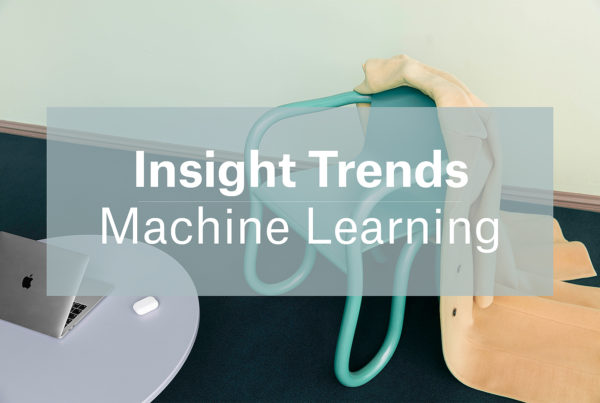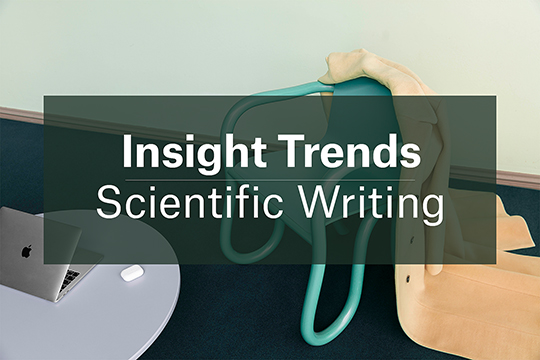Finland is in a good position to begin building a globally competitive ecosystem for real-world data (RWD) research, a qualitative survey conducted by MedEngine reveals. The survey was requested by the Pharma Industry Research Foundation and the results were presented at the Pharma Industry Finland Autumn meeting on November 21st, 2018.
Real-world data and real-world evidence (RWE) are increasingly being used to support clinical decision-making across the entire healthcare value chain. The wider adoption of value-based medicine and accelerated development of novel treatment options are anticipated to further raise the demand for evidence generation from real-world healthcare settings in the future.
To evaluate the current status and future prospects of RWD research in Finland, the Pharma Industry Research Foundation assigned MedEngine to conduct a qualitative survey among Finnish professionals from the pharmaceutical, health technology, and healthcare industries. The results are based on 20 personal interviews conducted in June-September of 2018, and an online survey performed by Pharma Industry Finland (PIF) in Spring 2018.
Real-world data and real-world evidence are increasingly being used to support clinical decision-making across the entire healthcare value chain.
Based on the survey, the Finnish research landscape has several competitive advantages for first-rate RWD research: a top-quality and uniform healthcare system, unique registry and biobank data which can be combined using the Finnish personal identity code,and long-traditions in biomedical research. Shared goals by different stakeholders and policy promoting the collection and utilization of real-world data was seen as a clear asset in Finland.
However, survey results also clearly highlighted that fully utilizing the potential of Finnish RWD requires concrete actions by multiple stakeholders. Finalizing the legislative act on secondary use of health and social data and establishing a single point of access for data were seen as the most crucial measures. Improving data sources (e.g. functional lakes of primary and secondary data with nationwide coverage and clinical quality registries) and data quality were also widely accepted as important development areas.
In addition to improving data accessibility and usability, Finland has to ensure the presence of professional expertise and resources; more RWE-focused data scientists having extensive experience with health data are needed for expanding the use of Finnish RWD. Better understanding of the strategies and needs of pharmaceutical industry globally is essential for attracting international investments.
The importance of RWE, and the global RWE market as a result, will increase significantly in the future. Although the survey pointed out that the market for RWE research is currently relatively small in Finland, it holds promise for significant commercial value in the future. Byfocusing on core competencies and actively promoting and developing RWD capabilities, Finland can attract significant international investments. At the same time, RWE activity helps Finland stay at the forefront of medical research and maintain its high quality of healthcare.
BIOBANK, ECONOMY, REAL-WORLD DATA, REAL-WORLD EVIDENCE, RESEARCH




